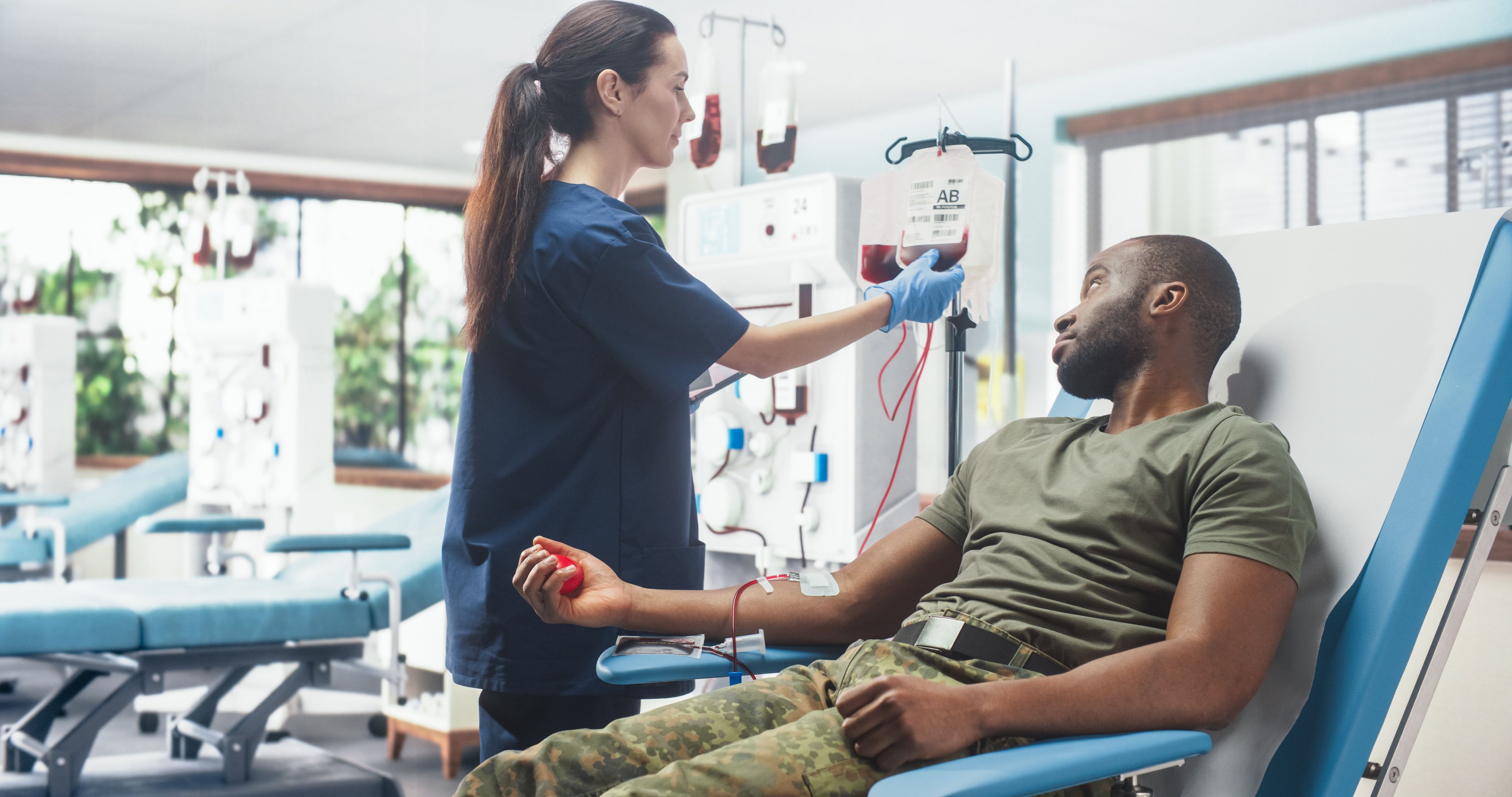In the healthcare field, companies dealing with drug distribution have had a tough time in recent years, largely because of their perception as being a cost center ripe for finding savings for the federal government. As a leader in the field, McKesson (MCK +1.08%) relies on its drug distribution and wholesale business for its success, and many have been nervous about the possibility that a disruption in the industry could cause disproportionate damage to McKesson's financial results.
Coming into Thursday's fiscal third-quarter financial report, McKesson investors wanted to see some gains in revenue but expected pressure on the bottom line. Although some will see the company's ability to keep earnings relatively flat compared to year-earlier levels as a victory, McKesson nevertheless will need to overcome longer-term headwinds in order to live up to its full potential.

Image source: McKesson.
How McKesson did
McKesson's fiscal third-quarter results came in generally better than most had feared. Revenue growth accelerated to 5%, with total sales of $56.2 billion being more than $1 billion higher than the consensus forecast among those following the stock. Adjusted net income fell 7% from the year-ago quarter to $664 million, but a big drop in share counts limited the declines on a per-share basis, and adjusted earnings of $3.40 per share were quite a bit better than the $3.16 per share expected.
Once again, McKesson saw better performance close to home. In the U.S. pharmaceutical and specialty solutions segment, revenue climbed 6%, with the company attributing the gains to a combination of market growth and acquisitions. Operating profit eased slightly lower on an adjusted basis, but just by 2%. McKesson did lose some customers in that area, and shifts to generic conversions also weighed somewhat on the unit's performance. However, the European pharmaceutical solutions unit saw much tougher pressure, with a 1% drop in revenue causing segment profit to decline nearly 20%. A tough operating environment in the U.K. was the biggest headwind McKesson faced in the area, and reduced exposure to owned retail pharmacies also hurt the segment.
Elsewhere, McKesson's medical-surgical solutions segment continued to shine. Sales jumped by 19%, and segment profit climbed at a better than 20% clip. Market growth and an acquisition contributed to the favorable results.
CEO John Hammergren issued his swan song in his last quarterly report. "Our third-quarter results reflect solid adjusted operating profit performance, particularly in our medical-surgical and McKesson Prescription Technology Solutions businesses," Hammergren said, "and we are pleased with the progress we are seeing in our U.S. Pharmaceutical and Canadian businesses as we work to offset headwinds." The outgoing CEO also reminded investors that Brian Tyler will be stepping into Hammergren's role on April 1.
What's ahead for McKesson?
McKesson is optimistic about its immediate future. Hammergren noted that the results so far during fiscal 2019 "provide momentum heading into our fiscal fourth quarter, positioning the company well."
Check out the latest McKesson earnings call transcript.
McKesson made a very slight boost to the midpoint of its earnings guidance for fiscal 2019, narrowing its previous range. The company now sees full-year performance on the bottom line of between $13.45 and $13.65 per share, up from its previous range of $13.20 to $13.80 per share.
Despite the fairly solid report, McKesson investors didn't seem entirely comforted by the results, and the stock was down 25% in morning trading following the Thursday afternoon announcement. Even with the company doing everything it can to drive success for its business, the regulatory uncertainties plaguing the drug distribution sector right now are substantial enough to call into question just about any forecast McKesson could make -- and some shareholders seem more than willing to wait and let the dust settle before they further commit to the stock.




